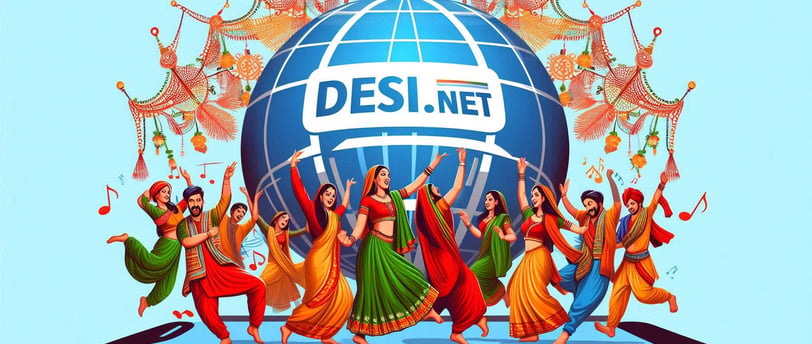For Acquiring or Partnership or Advertising : Contact: Info@IndoDesi.com
The Indian Diaspora: A Pillar in Strengthening Bilateral Relations
Indian diaspora has become a bridge between India and other countries, enhancing diplomatic, trade, and cultural relations. It highlights key diaspora organizations, their activities in lobbying for stronger ties, and the impact of Indian-origin politicians and leaders on bilateral relations.
Suresh
8/10/20242 min read


Introduction and Overview
The Indian diaspora, one of the largest and most influential communities globally, plays a crucial role in enhancing bilateral relations between India and other nations. From fostering diplomatic ties to boosting trade and cultural exchanges, this dynamic community serves as a bridge, forming a network that reaches across continents.
Diaspora Organizations and Their Activities
Several key Indian diaspora organizations are dedicated to promoting stronger ties between India and their host countries. Groups like the Global Organization of People of Indian Origin (GOPIO) and the Federation of Indian Chambers of Commerce and Industry (FICCI) actively engage in diplomatic outreach, business development, and cultural exchanges. These organizations often host conferences, trade missions, and forums that bring together leaders from various sectors, thereby laying the groundwork for robust bilateral relations.
Indian-Origin Politicians and Leaders
The influence of Indian-origin politicians and leaders in their respective countries cannot be understated. Figures such as Kamala Harris in the United States, Priti Patel in the United Kingdom, and Leo Varadkar in Ireland, have become symbols of the significant impact the Indian diaspora can have on international politics. Their positions of power and influence enable them to advocate for policies that promote bilateral cooperation, trade, and investment. Their success stories also serve to inspire and galvanize the Indian community globally, further strengthening diplomatic bonds.
Impact on Trade and Economic Relations
The economic contributions of the Indian diaspora are another essential factor in fostering bilateral ties. Indian-origin entrepreneurs and business leaders have significantly influenced the economic landscapes of their host countries. Their investments, innovations, and ventures not only contribute to local economies but also pave the way for bilateral trade agreements and joint ventures. For instance, the rise of tech giants in Silicon Valley with Indian-origin CEOs and founders highlights the potential for collaborative initiatives in technology and innovation between India and other countries.
Cultural Exchanges and Soft Power
Cultural exchanges facilitated by the Indian diaspora significantly enhance bilateral relations by promoting mutual understanding and respect. Festivals like Diwali, Holi, and cultural institutions such as Indian cultural centres and museums, play a significant role in showcasing the rich heritage and traditions of India. These events and institutions act as soft power tools, creating a positive image of India abroad and fostering goodwill among different communities.
Conclusion
The Indian diaspora's role in strengthening bilateral relations is multi-faceted and impactful. By bridging cultural, economic, and political divides, the Indian community abroad contributes immensely to the development of robust and mutually beneficial ties between India and other nations. As the diaspora continues to grow and thrive, its significance in promoting global cooperation and understanding will only increase.
